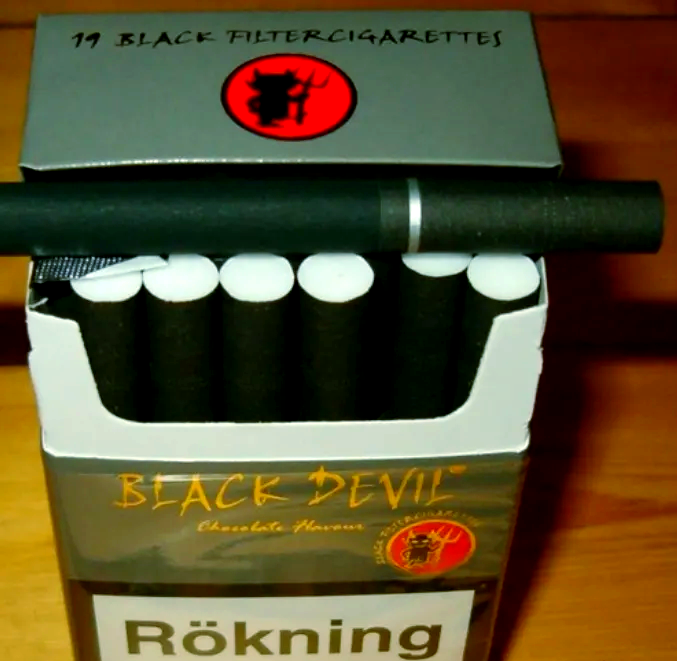What Would Your Kids Say if You Quit Smoking?
Introduction
Smoking is a habit that affects not only the smoker but also their loved ones, especially children. If you’re a parent who smokes, have you ever wondered what your kids would say if you decided to quit? Would they be proud, relieved, or even surprised? This article explores the emotional and psychological impact quitting smoking could have on your children, the benefits of a smoke-free home, and how your decision could shape their future.
1. The Silent Worry of Children
Children are observant and often notice more than adults realize. Even if they don’t say it aloud, many kids worry about their parents’ health when they smoke.
Fear of Losing You: Kids may associate smoking with illness or death, especially if they’ve heard about the dangers in school or media.
Secondhand Smoke Concerns: They might dislike the smell or worry about breathing in harmful chemicals.
Confusion About Hypocrisy: If you tell them smoking is bad but continue doing it, they may struggle to understand the contradiction.
What They Might Say:
"Dad, will you get sick if you keep smoking?"
"Mom, why do you smoke if it’s bad for you?"
2. The Relief of a Smoke-Free Home
If you quit, your children would likely feel an immediate sense of relief.
Better Air Quality: No more lingering smoke smell in the house or car.
Healthier Environment: Reduced risk of asthma and respiratory issues.
Happier Family Atmosphere: Less tension over arguments about smoking.
What They Might Say:
"I love that our house smells fresh now!"
"I’m so glad you’re not coughing as much."
3. Setting a Positive Example
Children learn behaviors by watching their parents. If you quit, you send a powerful message about self-control and healthy living.
Influence on Their Choices: Kids of non-smokers are less likely to start smoking themselves.
Teaching Perseverance: Showing them that overcoming addiction is possible.
Building Trust: Demonstrating that you prioritize their well-being.
What They Might Say:
"I’m proud of you for quitting!"
"If you can stop smoking, maybe I can stop biting my nails!"

4. Emotional Reactions from Kids
Every child reacts differently, but most would express some form of happiness and support.
Younger Kids: Might celebrate with hugs and drawings.
Teenagers: Could be more vocal, expressing admiration or even teasing in a lighthearted way.
Adult Children: Might feel deep relief, knowing you’re reducing health risks.
What They Might Say:
"Does this mean you’ll live longer now?"
"I knew you could do it!"
5. Long-Term Benefits for Your Family
Quitting smoking doesn’t just improve your health—it strengthens family bonds.
More Quality Time: You’ll have more energy to play, travel, and engage with your kids.
Financial Savings: Money saved from cigarettes can go toward family activities.
Legacy of Health: Your decision could inspire future generations to avoid tobacco.
What They Might Say Years Later:
"Remember when you used to smoke? I’m so glad you stopped."
"Because you quit, I never wanted to try it."
Conclusion
If you quit smoking today, your children would likely respond with joy, pride, and gratitude. They may not always express their fears about your habit, but their relief when you stop would be undeniable. By quitting, you not only improve your own life but also set a powerful example for your kids.
So, what would your kids say if you quit smoking? The answer is simple: "Thank you."
Tags: #QuitSmoking #Parenting #HealthyLiving #KidsAndSmoking #SecondhandSmoke #FamilyHealth #SmokeFreeLife










